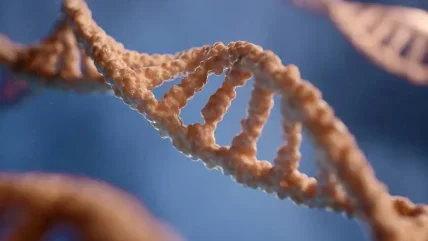
PTC Therapeutics has received the US Food and Drug Administration (FDA) approval for Kebilidi, its gene therapy to treat aromatic l-amino acid decarboxylase (AADC) deficiency, a rare genetic disorder.
Kebilidi (eladocagene exuparvovec-tneq) is a recombinant adeno-associated virus serotype 2 (rAAV2)-based gene therapy that contains the human DDC gene.
It is designed to correct the underlying genetic defect by delivering a functioning DDC gene directly into the putamen, to enhance the AADC enzyme and restore dopamine production.
The gene therapy is administered through a stereotactic surgical procedure, a minimally invasive neurosurgical procedure for the treatment of neurological disorders.
Authorised for use with the SmartFlow Neuro Cannula, Kebilidi administration procedure is performed by a qualified neurosurgeon in centres specialised in stereotactic neurosurgery.
PTC is preparing to launch the drug in the US, with centres of excellence already identified and surgeons trained in the procedure to deliver the gene therapy.
The company said that Kebilidi is the first-ever gene therapy approved in the US that is directly administered to the brain.
PTC Therapeutics CEO Matthew Klein said: “PTC has once again pioneered a new approach to treating highly morbid neurologic diseases. I am proud of our team’s unwavering commitment to achieving this important regulatory milestone.
“We look forward to bringing this transformational gene therapy to children and adults with AADC deficiency in the United States.”
Kebilidi received FDA accelerated approval based on the safety and clinical efficacy findings in the ongoing global clinical trial of gene therapy.
Along with the company’s Biologics License Application (BLA) for Kebilidi, the US health regulator also granted a Rare Disease Priority Review Voucher for the drug.
AADC deficiency is a rare genetic disorder that causes severe disability and suffering from the first months of life, affecting physical, mental, and behavioural aspects of life.
Children suffering from AADC deficiency may experience painful episodes similar to seizures and are characterised by a stuck upward gaze, dystonia, and inconsolability.
Earlier this year, the US Food and Drug Administration (FDA) accepted PTC Therapeutics’ biologics license application (BLA) for its gene therapy candidate Upstaza.






